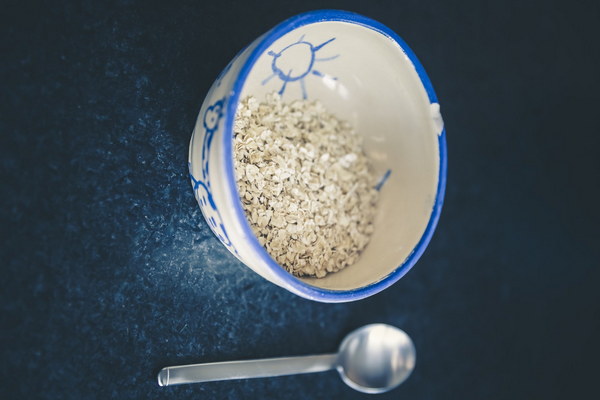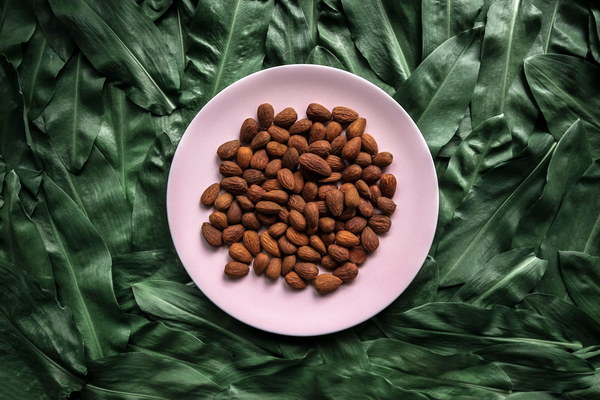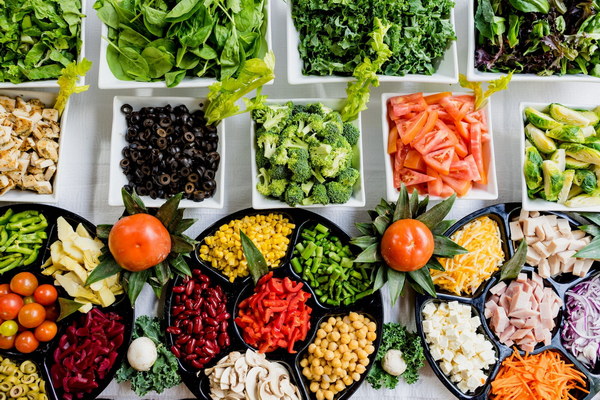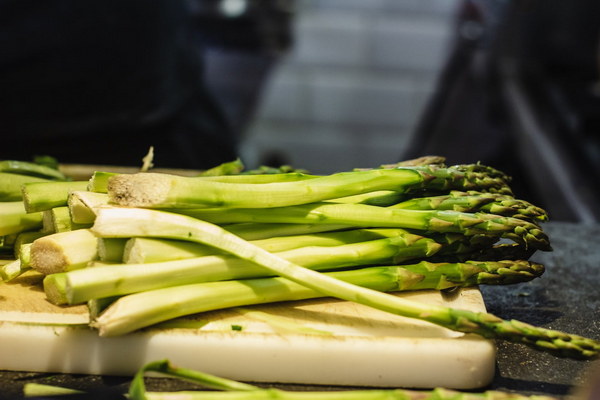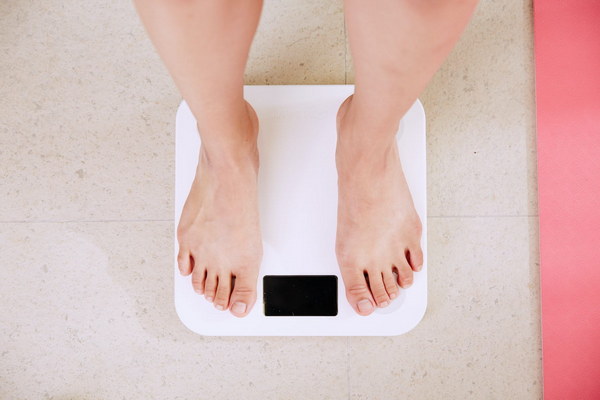Gastrointestinal Care for Dogs How to Nourish Your Pets Stomach PostDeWorming
Introducing a de-worming treatment to your dog's routine can be a crucial step in maintaining their overall health. However, the process can also leave their gastrointestinal system in disarray. In this article, we'll explore the importance of gastrointestinal care for dogs after de-worming and provide you with practical tips on how to nourish your pet's stomach during this delicate period.
Understanding the Gastrointestinal System
The gastrointestinal (GI) system is a complex network of organs that work together to digest, absorb, and eliminate nutrients from the food your dog consumes. It includes the mouth, esophagus, stomach, small intestine, large intestine, and rectum. During the de-worming process, the GI system may become disrupted due to the introduction of medications and the expulsion of worms.
Why Gastrointestinal Care is Essential Post-De-Worming
1. Preventing Side Effects: De-worming medications can cause side effects such as vomiting, diarrhea, and loss of appetite. Proper gastrointestinal care can help alleviate these symptoms.
2. Supporting Digestion: The GI system may be weakened after de-worming, making it difficult for your dog to digest their food properly. Nourishing their stomach can help restore normal digestion.
3. Replenishing Nutrients: De-worming can deplete essential nutrients from your dog's body. Providing a balanced diet and supplements can help replenish these nutrients.
4. Preventing Future Issues: Ensuring your dog's stomach remains healthy after de-worming can prevent future gastrointestinal issues.
Tips for Nourishing Your Dog's Stomach Post-De-Worming
1. Gradually Introduce New Foods: After de-worming, introduce new foods slowly to allow your dog's stomach to adjust. Start with their usual diet and gradually add in new ingredients.
2. Provide Easy-to-Digest Foods: Choose foods that are easy for your dog to digest, such as cooked chicken, rice, or a specially formulated veterinary diet. Avoid high-fat, high-fiber, and spicy foods.
3. Offer Smaller, More Frequent Meals: Feed your dog smaller, more frequent meals to help their stomach process the food more easily. This can also aid in maintaining their weight and energy levels.
4. Monitor for Diarrhea or Vomiting: Keep an eye on your dog for any signs of diarrhea or vomiting, as these can indicate an upset stomach. If you notice these symptoms, contact your veterinarian for guidance.
5. Stay Hydrated: Ensure your dog has access to fresh water at all times. Dehydration can exacerbate gastrointestinal issues.

6. Supplements: Consider incorporating supplements that support gastrointestinal health, such as probiotics and digestive enzymes. These can help maintain a healthy balance of gut bacteria and improve digestion.
7. Regular Exercise: Encourage your dog to engage in regular exercise, as this can help stimulate their digestive system and improve overall health.
8. Consult with Your Veterinarian: Before making any significant changes to your dog's diet or introducing new supplements, consult with your veterinarian. They can provide personalized advice based on your dog's specific needs.
In conclusion, gastrointestinal care is essential for your dog's health, especially after de-worming. By following these tips, you can help nourish your pet's stomach and ensure they recover quickly and comfortably. Remember, maintaining a balanced diet, providing easy-to-digest foods, and staying hydrated are key factors in supporting your dog's gastrointestinal system during this delicate period.



